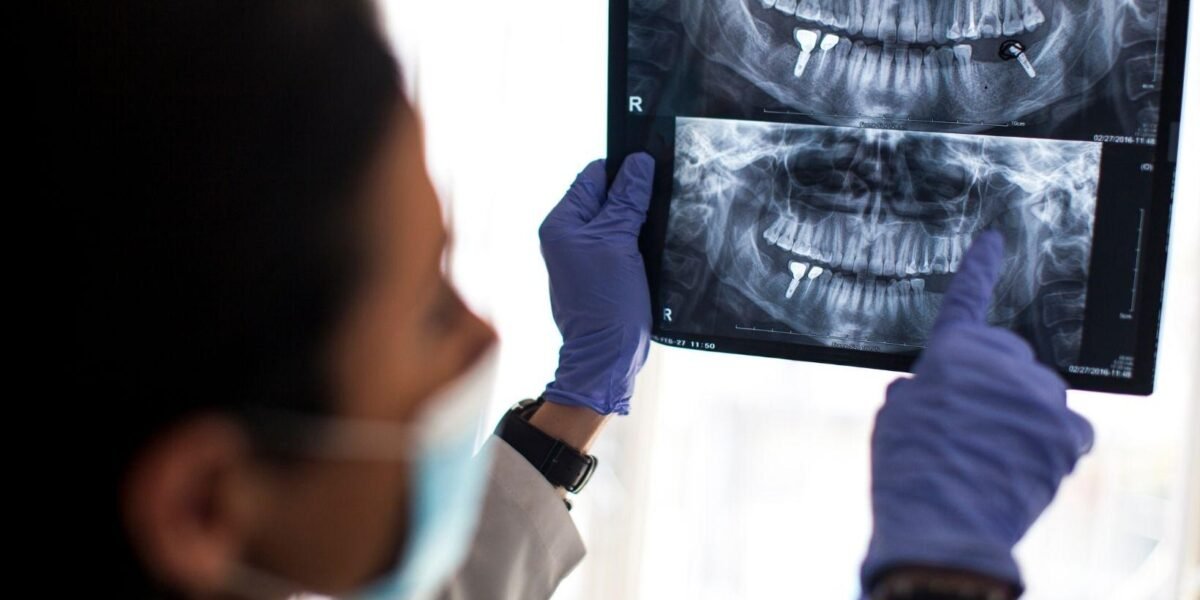simpladentclinics.com
Zygomatic implants
ZYGOMATIC DENTAL IMPLANTS If you’ve already been told that you never have enough bone to get a dental enhancement operation, Simpladent Clinics Zygomatic dental implants will help. Because of modern research resulting in the progress of their Zygomatic dental implants, most patients who’ve been advised that they aren’t applicants for traditional dental enhancements, or has to resort to dentures, could
Implants for moderate diabetic patients
Not just are implants safely for diabetics, but forgoing dentures to get long-lasting dental enhancements may enhance the wellbeing of people who have diabetes. Along with working out for you to maintain a balanced eating plan regime, implants expel the redness, irritation and illnesses which are more widespread using dentures. This reduces the probability of dangerous periodontal disease in addition
PTERYGOID IMPLANTS
Pterygoid implants and Zygomatic are two types of long implants that are used when the patient has inadequate quantity or quality of bone to hold implants of regular dimensions. The pterygoid implant is an axial implant installed through the maxillary tuberosity with fixation apically in the pterygoid process of the sphenoid bone and the pyramidal process of the palatine bone.
KEY HOLE SURGERY
Loss of a tooth or multiple teeth is a general Dental problem, therefore the replacement of these missing teeth is of eminent importance in today’s society. Dental Implants are generally considered the hallmark method for replacing the missing teeth, but if you are scared of this long surgical procedures during the placement of an implant, or you value your time
NO SINUS LIFT
No Sinus Lift – Making painful sinus lift dental implants a thing of the past The dental implant called the no sinus lift implant provides a less traumatic and painful solution that minimizes swelling and allows patients to return to their normal lives a day or less after the procedure. The system involves a closed sinus lift implant that increases
GRAFTLESS SOLUTIONS
In the past, patients who have attempted out dental implants and have a low bone density in the jaw have been turned away, subjected to expensive and long grafting methods, or risked the entrance of additional foreign material into the mouth. Fortunately, technologies have advanced so that even those with low bone density in the jaw may be eligible for
NO PERI-IMPLANTITIS
Dental implants are commonly used for the replacement of missing teeth in patients with partial or complete edentulism. Study of long-term follow-up results shows satisfactory results in the rehabilitation of the patient’s function and durability rates of 100%. NO PERI-IMPLANTITIS Solution The classic procedure for dental implants are not free of complications and long-term prognosis can be altered by technical
NO BONE CASE SOLUTIONS
Dental implants keep advancing. Now even patients who don’t have a full bone to attach them can have them. When exploring dental implants, some are confused when they find out that they have an inadequate amount of bone for the implant, meaning they are not perfect candidates for the procedure. Alternative options, like dentures or bone grafting, are anything but
SMOOTH-SURFACE IMPLANTS
Dental implants are perfect replacements for missing teeth that patients may lose due to an accident, failed endodontic surgery, gum infections or poor oral cleanliness. Dental implants serve the same function as a natural tooth root in anchoring teeth. These implants resemble like metallic screws with either a roughened or smooth surface. Dental implants are usually made up of orally












